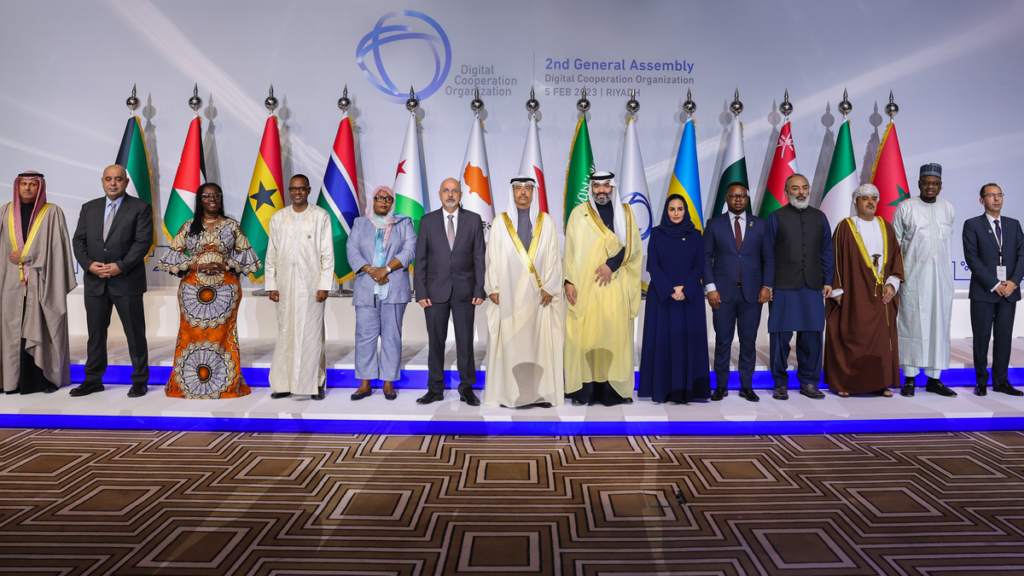Ghana and Gambia have both joined the Digital Cooperation Organization and are seeking to strengthen their digital economy.
Ghana and Gambia are taking steps to develop their tech-based industries. The two countries have a combined population of 35 million people and are seeking to move away from an over reliance on oil, industry and agriculture.
Ghana and Gambia join the DCO
The two countries recently joined the Digital Cooperation Organization (DCO), an international organization that aims to create a common digital economy agenda. Member states include Nigeria, Rwanda, Morocco, and Djibouti, along with Bahrain, Jordan, Kuwait, Oman, Saudi Arabia, Cyprus, and Pakistan. The DCO’s overall goal is to link Africa and the GCC by creating an international market. According to the DCO, the non-African states have a combined population of nearly 600 million people and a combined GDP of close to USD 2 trillion.
Ghana’s advances
Ghana has made advancements in its digital economy and is currently one of the sub-Saharan African states with the highest rates of ICT adoption, according to Business Insider Africa. According to the World Bank, the west African nation is the leader in the region in terms of terms of the digital economy. Ghana’s government is pushing efforts to introduce additional digital technology in other fields, such as the issuing of national IDs, digital address systems, and digitalization of land records.
Along with investing in the national fiber network to increase and improve Internet access, the government is also seeking to digitize fiscal tax collection, enable a cashless society, and enhance the delivery of online education. The country is also promoting increased digital literacy as it seeks to support Ghanaian technology entrepreneurs in building tech hubs and exporting IT-enabled services.
Gambia’s challenges
Gambia’s case is more challenging as it faces economic problems. Mobile Internet penetration is minimal, it is expensive and comparatively slow. As a result, Ghana is ill-prepared to participate in the global digital economy. As reported by Business Insider Africa, the World Bank reported that just 2% of the adult population utilized mobile money in 2022, a sign of the poor adoption of digital financial services.
However, maritime fiber optic cables are a possibility, due to Ghana being a coastal country.
Digital partnerships between GCC and African states are developing, with Dubai welcoming a delegation from Ethiopia to discuss digital cooperation in August of last year.
